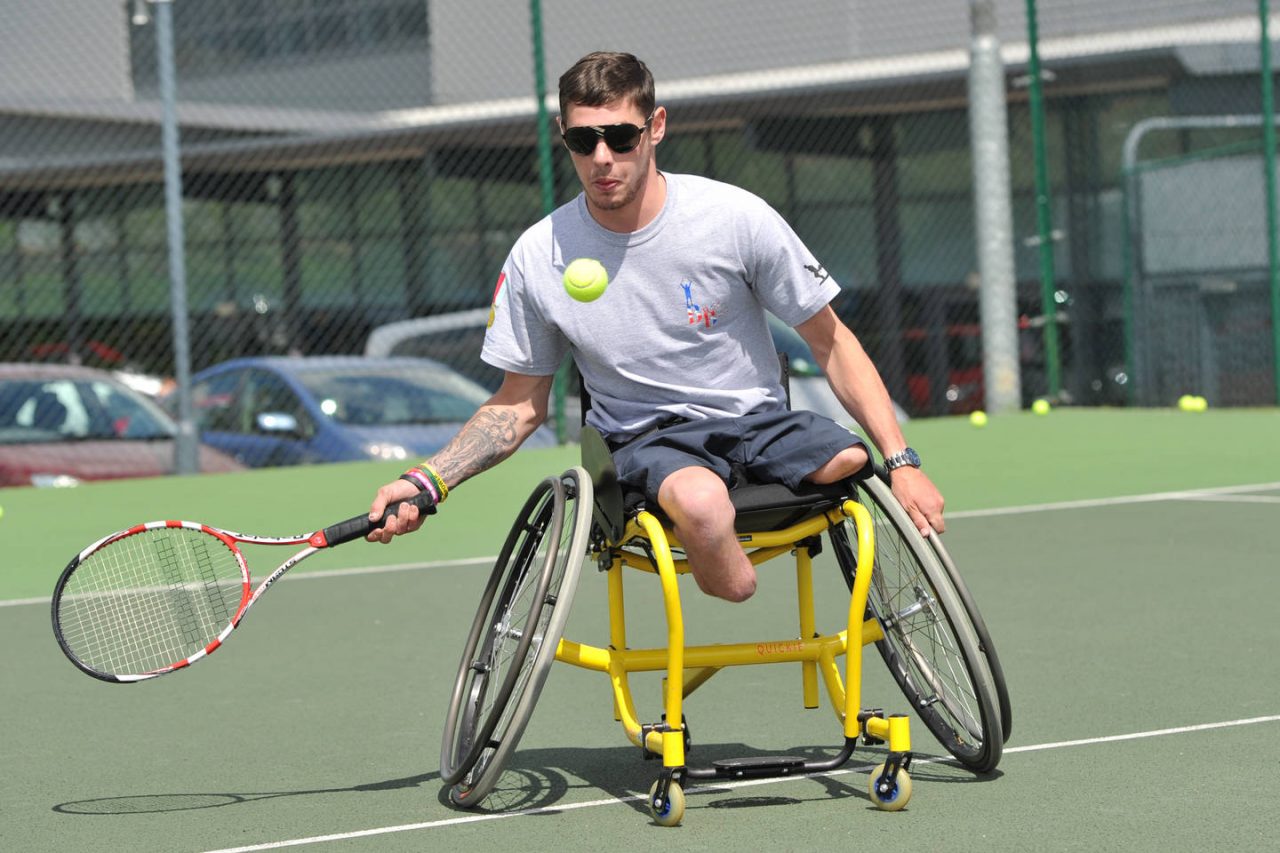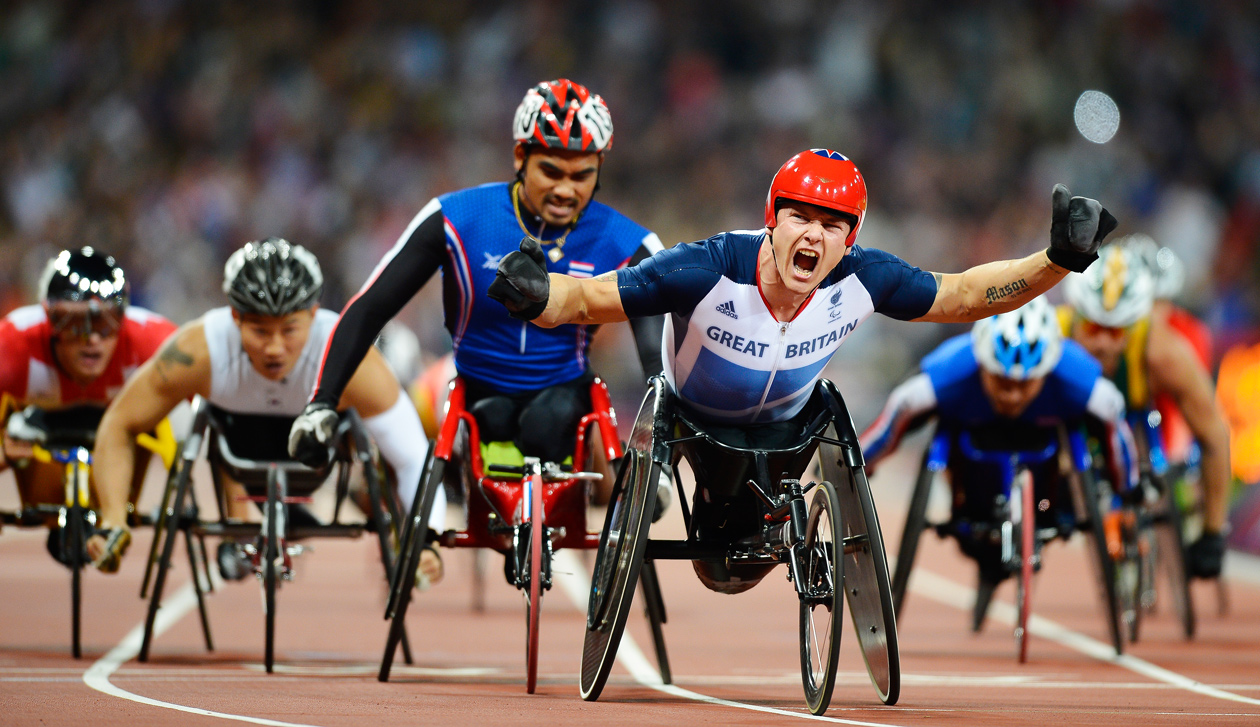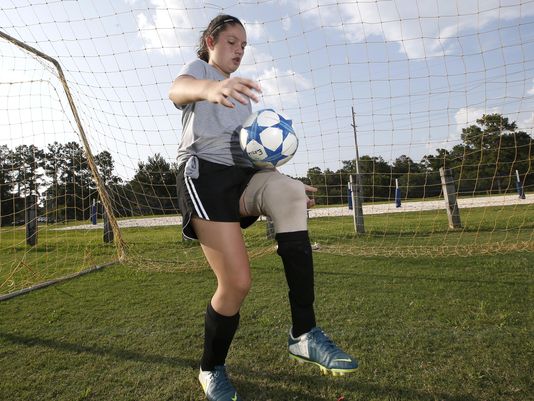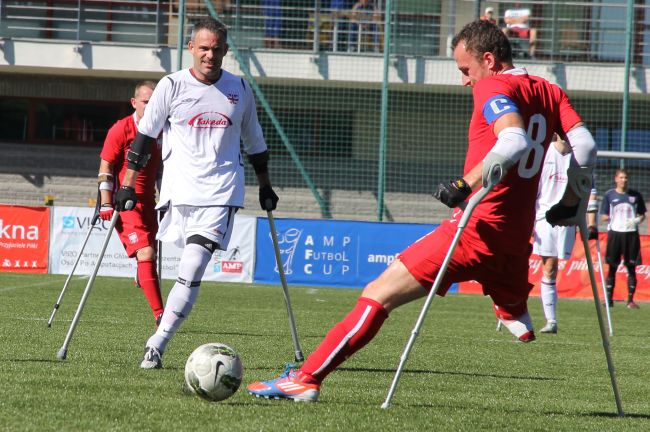A recent report, commissioned by TBI LAW (specialists in hospital negligence claims – click here for more details) has explored how amputees can still enjoy sport. The report acknowledges that getting a life changing injury can be devastating but for those who enjoy exercising or competition it need not mean you cannot continue playing the sport you love.

The prevalence of people getting back into sport after they have had an amputation has been highlighted in the study ‘Return to sport following amputation’, which was published in the journal of ‘Sports Medicine and Physical Fitness’.
In the research, it was revealed that there was a decrease in people, unsurprisingly, participating in sporting activities after an amputation. In fact, reports from America suggest that 61% of amputees will partake in some form of sport, while in Europe this rate is said to be between 11 and 39 per cent.

Paralympic Games
The growth of the Paralympic Games makes for a particularly intriguing read. At the inaugural Summer Games in Rome in 1960, there were 200 athletes representing a total of 17 countries who competed across eight sports consisting of 113 events. Fast forward to the Rio 2016 Paralympic Games and the numbers had increased dramatically. There were 4,328 athletes representing 160 countries, competing in 22 sports consisting of 528 events.

Not everybody has the ability, or the ambition to become, an elite athlete. The report suggests that a planned campaign is the way forward. It suggests considering carefully what type of activity you want to get involved in. Taking an overall perspective walking and swimming are advised because they require nothing more than some initial prosthetic training.
But, the most important advice of all is to book an appointment with your GP. He or She will be able to prescribe a stress test so that those with an amputation will know know just how intense their exercise should be.

